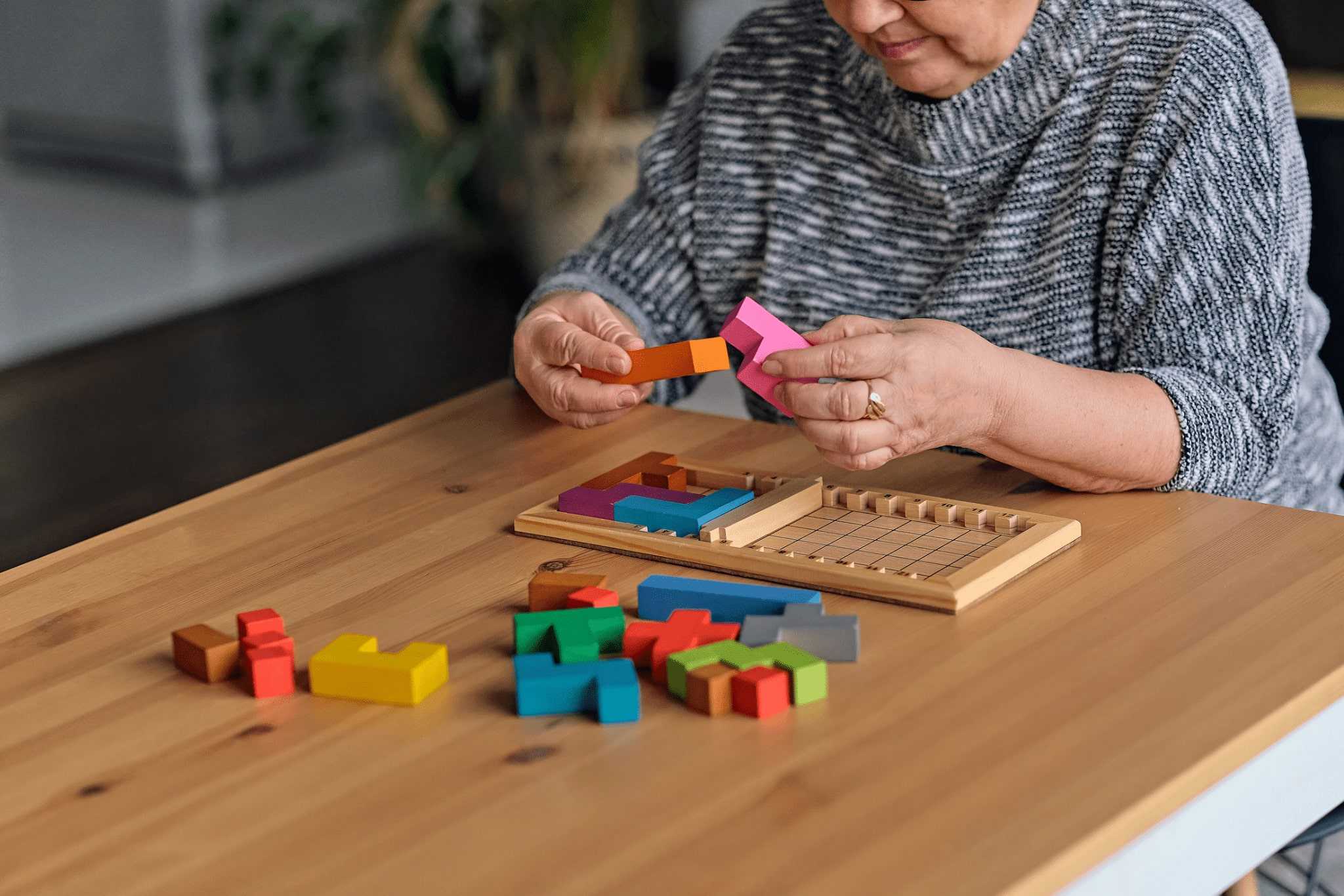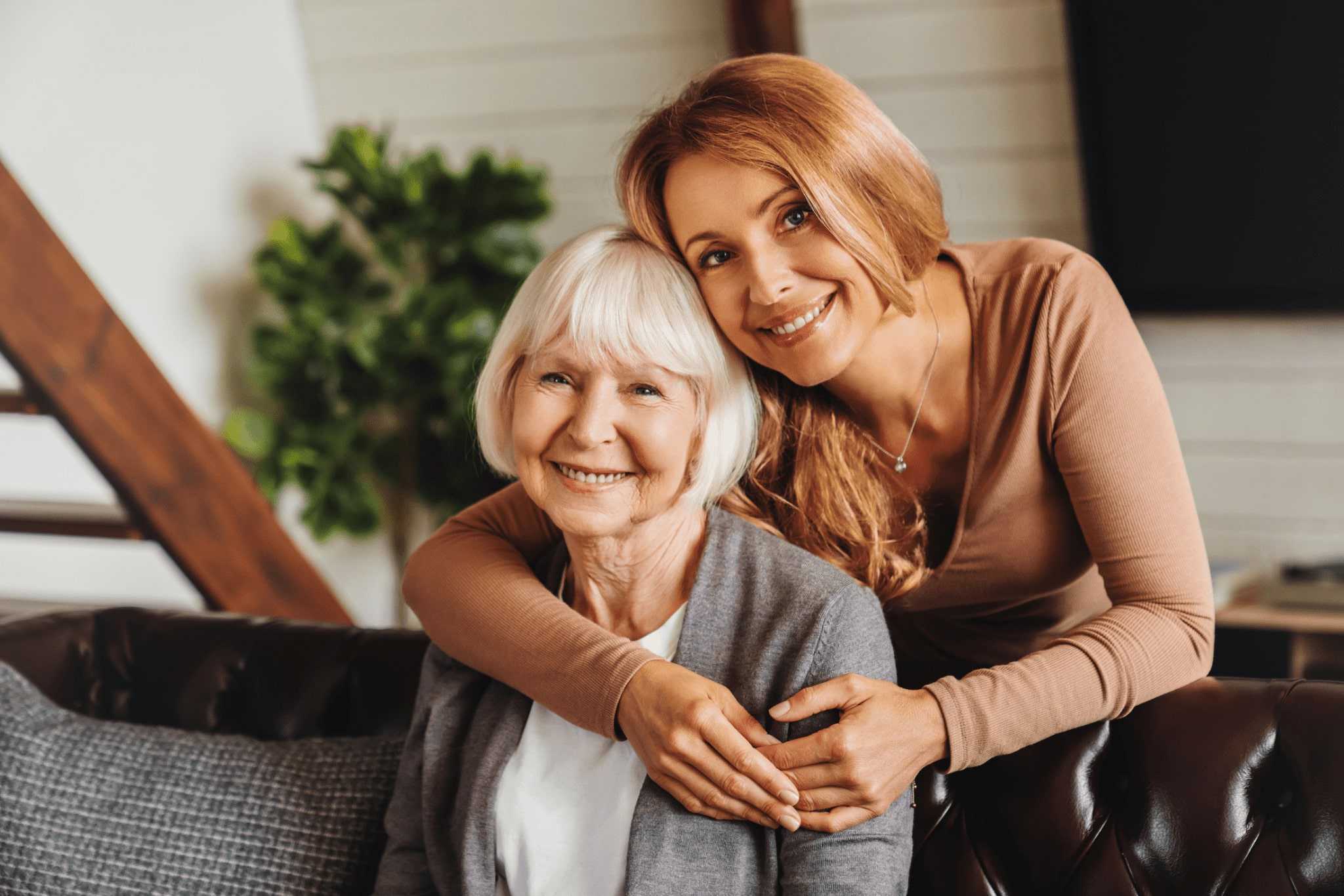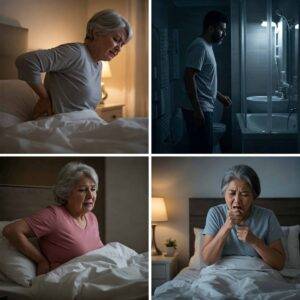At the height of the Covid-19 shut down, thousands of families were denied access to their elderly loved ones in an elder-care facility. These loved ones included those battling Alzheimer’s and dementia. Some died alone and families are still trying to heal. If another unforeseen pandemic erupts, will you be able to see your loved one, even to say goodbye?
The World Health Organization reports that more than 55 million people live with dementia and nearly 10 million cases arise every year. Dementia often progresses to the point where a person can no longer care for themselves safely. The most common of grooming tasks become a challenge. Most family members are not prepared to handle the complexities of Alzheimer’s or dementia. Partnering with a senior care service is vital for your loved one’s dementia care program and your family’s health.

7 Stages of Dementia
Dementia is a complex condition and goes through 7 common stages. Some of the stages may overlap. Some patients may not exhibit all stages. Dementia symptoms can vary from one senior to another. Below is a table that can help to orient you in your loved one’s journey.
| 7 Stages of Dementia | ||
|---|---|---|
| Stage | Description | Caregiver Level |
| 1 | Undetectable Cognitive Impairment. The patient exhibits nothing out of the ordinary, seemingly functioning as normal with everyday life activities. | Family Caregivers; Informal Caregivers; Companion Care |
| 2 | The Occasional Memory Lapse. Degenerative dementia cannot be detected in this stage. Slight memory lapses are seen as common. Combined with other symptoms, early on-set dementia may be detected. | Family Caregivers; Informal Caregivers; Companion Care |
| 3 | Mild Cognitive Impairment. Patients begin to show signs of anxiety as a result of poor recall. Losing things of importance, forgetting important names, getting lost, and difficulty concentrating are some signs that it may be time for a clinical assessment. | Professionally-trained, non-medical caregiver (such as a Certified Nursing Assistant) |
| 4 | Mild Dementia. Withdrawal, personality and mood changes may be visible at this stage. Patients may grow defensive when confronted with changed behaviors. In this stage, patients may mask their symptoms by avoiding anything unfamiliar. | Professionally-trained, non-medical caregiver (such as a Certified Nursing Assistant) |
| 5 | Moderate Dementia. Patients will have difficulty remembering major details such as where they live or their close family members. Assistance with daily living functions is required for safety reasons, such as forgetting to turn off stove burners or putting metal in the microwave. Generally, patients are fully functioning with grooming and eating. | Professionally-trained, non-medical caregiver (such as a Certified Nursing Assistant) |
| 6 | Moderately Severe Dementia. Patients generally need full time care. Anxiety, obsessive behavior, aggression, and wandering are typically experienced in this stage. Patients may forget their loved ones and where they are. | Professionally-trained, non-medical caregiver (such as a Certified Nursing Assistant); Medically-trained Caregiver; Skilled Nurse |
| 7 | Severe Dementia. The inability to produce speech or sound along with loss of motor skills occurs at this stage. The patient will need assistance with everything including walking, eating and toileting. The patient may not be the recognizable loved one as the person is only a slight representation of their former self. | Medically-trained Caregiver; Skilled Nurse |
Should My loved one Get In-Home Care Service?
The time may come when you face a difficult decision about caring for a parent or spouse with dementia. Independence, dignity, safety, quality of life, and positive relationships become the priority to prolong your loved one’s sense of well-being.
Does your loved one have to go into a memory care facility just because they have Alzheimer’s or dementia? It depends on the level of care your loved one needs, as well as the needs of your family. If assisted living is not yet necessary, in-home care is a highly recommended option for your senior’s continued happiness and contentment. Extending the quality of life is the priority of caregiving agencies.
Here are 5 important reasons why your loved one with dementia will have a better quality of life at home.
· Familiar home setting promotes independence
· Game times and enrichment activities are personalized
· Trust-building with consistent caregivers
· Emotional security and protection
· Improved memory recall through familiarity
1. Familiar Home Setting Promotes Independence
We are all reluctant to give up our independence. It’s no different with the aging population. Home is a place of comfort, security, and freedom. Being comfortable reduces stress. When we have a sense of security, sleep is sweeter. When our freedom belongs to us, we feel independent.

2. Game Times and Enrichment Activities
If your senior has dementia, it’s important to keep them engaged in physical and mental activities. Physical and mental exercises can help to keep the mind and body sharper and stronger for as long as possible. Maintaining a regular routine will help to reduce stress and anxiety. Heightened anxiety can bring about aggression. With dedicated time for personalized games and enrichment activities, aggressive emotions may be controlled more effectively.
3. Trust-building with Caregivers
Because agency caregivers can spend most of their time caring for your senior, your loved one will build a trusting relationship with them. You may find your loved one attempting to mimic their caregiver for cues on proper behavior – eating, acting, and talking. Dementia patients are still people with feelings. They often struggle to feel like they are doing the right things for themselves and family members. This can only happen with a compassionate and reliable caregiver.
4. Emotional Security and Protection
You’ve heard the old cliché, “home is where the heart is.” Home is where seniors with dementia feel most secure and protected. The outside world has gradually become a strange place. People they once knew may be fading away in memory. However, home has deep rooted history not easily forgotten. Even when dementia patients have forgotten their home surroundings, their sense of security and protection is always there.
5. Improved Memory Recall
Stress and anxiety are major factors contributing to poor memory recall. Alleviating stress as much as possible helps to keep the mind at ease. A mind at ease has better memory recall. Better memory recall through familiarity is encouraging for the patient. Positive and encouraging emotions for dementia patients are always a win.

When Should I Look for Home Care Providers for My Loved One?
By the time you notice unusual things with your loved one, they may be in stage 2 or 3. It’s important to have a gentle, yet serious conversation about these occurrences. It’s a good idea to seek medical assessment for a possible diagnosis. If your loved one is diagnosed with Alzheimer’s or dementia, start creating a plan for the next steps.
Start the In-home Memory Care Research Early
Taking the early step to research quality help with dementia care will help reduce anxiety. Be proactive and make your loved one part of the process, if possible. Seniors want the dignity of being part of their own healthcare program. Here are some tips to help you start the next steps:
- Begin the conversation well before the signs of early on-set Alzheimer’s or dementia. For example: You or your loved one may know a person diagnosed with Alzheimer’s or dementia. Ask your loved one the what-if question, “what-if that happened to you, what would you want to do?”
- Google has made everything easier. Type in “in-home care for dementia patients near me.” It’s a good place to research nearby agencies and the services they offer.
- Connect with a network or group to get a better understanding of expectations.
- Talk to others who have loved ones with Alzheimer’s or dementia. Join a support group.
- Research the different and various avenues available to fund in-home care, including what your state may offer.
What Type of Care to Look For
The type of dementia home care to look for depends on the stage that your loved one is in. The 7 Stages of Dementia (see previous chart) will help guide you to the most appropriate dementia assistance needed. Home care providers have trained caregivers suitable for all levels of dementia elderly care.
In-home Care — Not Just for Patients
Dementia patients aren’t the only ones to benefit from homecare assistance. Approximately 75% of dementia patients are in the care of family members, according to a research study published in the Dialogues in Clinical Neuroscience.
If you’re a family caregiver, you’re under constant pressure to ensure the health and safety of your loved one. Caregiving often becomes challenging for families for a variety of reasons. It’s important for caregivers to allow themselves respite when needed. Amy’s Eden can help with that too.

Family caregivers have a substantially higher rate of various physical and emotional problems than those in non-caregiving roles. Family caregivers should not try to carry this burden alone. Your health can take a toll if you’re not partnering with a caregiver agency.
Caregiver Agency Partnership
Caregiver partnership has been a lifesaver for spouses and adult children of dementia patients. Caring for a parent with dementia at home is a daunting task. No one should do it alone. The partnership between the professional in-home caregiver and the family ensures the best and healthiest possible way to live with this difficult condition. Private home care for seniors with dementia gives family members who care the most, the much needed break from constant demand. If you’re in the family caregiver role, it may be time to consider caregiving agencies as a partnership.
Partnering with a professional caregiver for your loved one means you can continue to let them stay home. If the world locks down again, no one can keep you from your loved one.
Please feel free to contact our team of professionals. Put our experience to work for you and find out what your options are. We can show you the benefits of personal care for your loved one with dementia or Alzheimer’s disease. We provide one-on-one care services that include everything from social events to shopping and we will even manage your loved ones medications. Share your concerns and we will answer your questions by creating a unique personal health care plan for your loved one. Learn more at Amy’s Eden.




